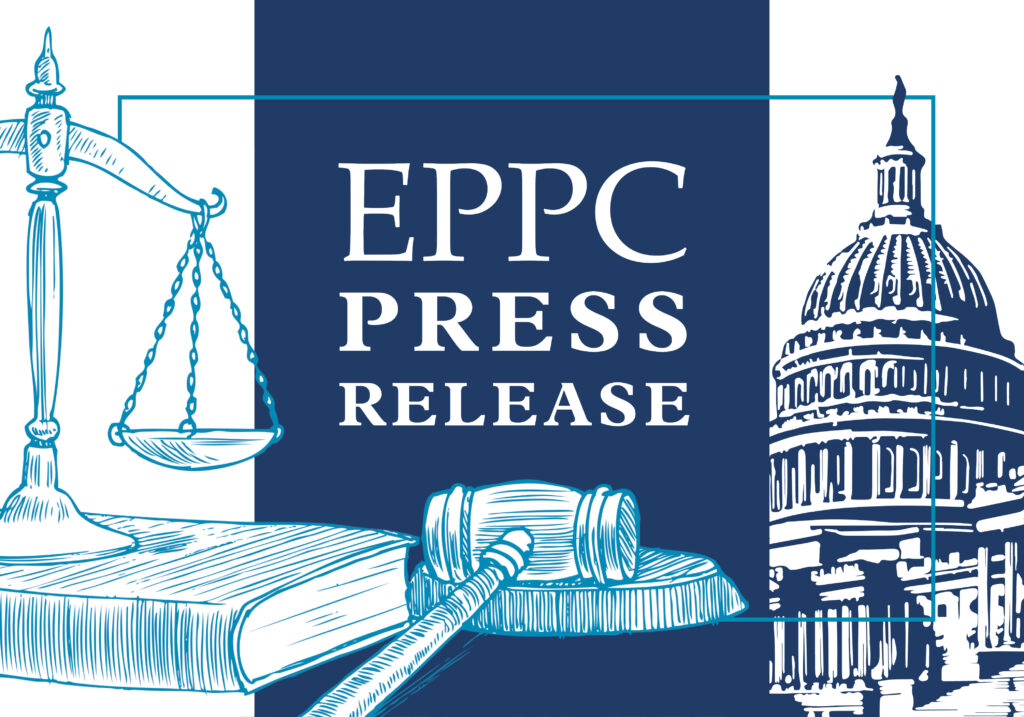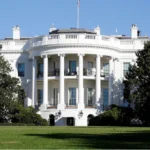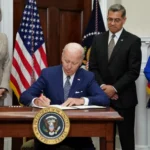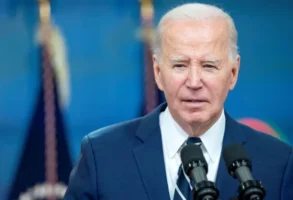
March 10, 2023
On March 10, 2023, an amicus brief was filed on behalf of EPPC in Faith Bible Chapel International v. Tucker, urging the Supreme Court to hear a case involving First Amendment protections for religious organizations. The First Amendment’s “ministerial exception” requires the government to stay out of employment disputes involving employees holding certain key roles at religious organizations.
Though the Supreme Court has twice affirmed the “ministerial exception,” its decisions have left unanswered some key procedural questions. Most importantly, what happens when a trial court makes an initial determination that the ministerial exception does not apply, or that the issue cannot be decided until the parties have done some discovery? Does the First Amendment’s ministerial exception require that the court decide the issue as soon as possible, and give religious employers the right to a prompt appeal? Or do religious organizations have to wait until later in the case, after expensive and intrusive discovery, to get a final ruling on whether the ministerial exception applied?
Until recently, lower courts had agreed that the First Amendment required that courts determine whether the employee in question was a “ministerial employee” as soon as possible. Subjecting religious organizations to litigate other aspects of the plaintiff’s claims “would result in a substantial miscarriage of justice” because the ministerial exception “includes protection against the cost of trial and the burdens of broad-reaching discovery.” But in Faith Bible v. Tucker, the Tenth Circuit held that whether the plaintiff was a ministerial employee was a fact question that would have to ultimately be determined by the jury.
The amicus brief, by Warner Norcross + Judd LLP, urges the Supreme Court to grant certiorari and use this opportunity “to clarify further the protections afforded by the ministerial exception and to give practical guidance on how those protections affect the procedure for applying the doctrine.”.
A summary of the argument is below:
Because the very act of maintaining litigation where the ministerial exception applies harms the structural and personal interests that the doctrine protects, the exception should be treated as a legal issue that can be resolved early in the case. Courts should address the doctrine expeditiously (as they do when resolving immunity questions) and limit discovery to the question of whether the plaintiff is or was a ministerial employee. And if a court determines that the ministerial exception does not apply, the party asserting the exception should be allowed to immediately appeal under the collateral-order doctrine.












